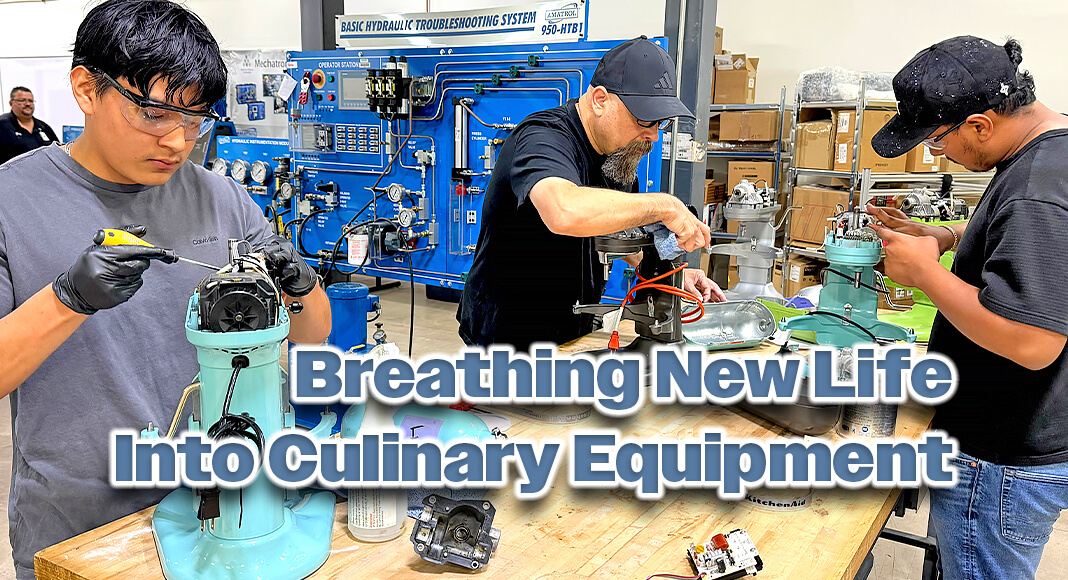Innovative Students Transform Culinary Tech: STC's Manufacturing Wizards Revive Kitchen Equipment

McALLEN, TEXAS – A groundbreaking partnership between South Texas College's Culinary Arts and Advanced Manufacturing Technology (AMT) departments is revolutionizing hands-on learning and equipment restoration. Students in the Computer Engineering Technology internship program are breathing new life into broken kitchen equipment through innovative robotics and mechatronics techniques.
In an extraordinary cross-departmental collaboration, robotics students are applying their technical expertise to repair and refurbish culinary equipment, creating a unique learning experience that bridges technology and practical skills. As these students complete their final semester, they are transforming what would typically be discarded equipment into fully functional kitchen tools.
This innovative initiative not only provides valuable real-world experience for students but also offers a sustainable solution for equipment maintenance. By combining technical knowledge with practical application, South Texas College is demonstrating how interdisciplinary approaches can create meaningful educational opportunities and resource-efficient solutions.
The project highlights the college's commitment to hands-on learning, technological innovation, and resourceful problem-solving, preparing students for dynamic careers in engineering and culinary technology.
